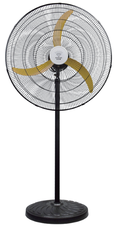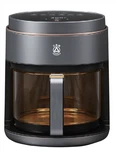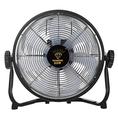Water Purifier
What is Water Purifier
A water purifier removes impurities, minerals, chemicals, suspended solids, gases, and biological contaminants. It also helps reduce particulate matter such as parasites, bacteria, viruses, algae, and fungi. Water purifiers use one or more methods to decontaminate water, including reverse osmosis (RO), distillation, and UV treatment.
Benefits of Water Purifier
100% Safe Drinking Water
Same as a water filter, a water purifier also gives you safe and clean water. The benefit of water purifier is that it gives safer water than the water filter because it does not just remove visible impurities from the water it also kills bacteria and germs that cannot be seen.
Convenience
Installing a water purifier is relatively less time consuming and you can easily operate it. When a water purifier is installed at each house or work space, it becomes convenient to get pure water at the touch of a button. This is a great benefit of a water purifier!
Cost Effective
Buying a water purifier is a one-time investment that leads to cut down cost down the line. With DrinkPrime, you don' t even have to worry about a one time investment cost! We offer subscription plans, wherein you can choose from an array of plans depending on what works for you and your family- that too as low as Rs.333 a month.
Helps In Weight Loss
An advantage of drinking water free of impurities is that it boosts your body' s metabolism and decreases your appetite level in a healthy way. This in turn means you are less likely to overeat – helping you consume less calories than usual.
Makes Your Skin Glow
One of the benefits of water purifiers is that it is also great for your skin. Having skin without breakouts and acne is a dream come true for a lot of people. The secret to clear skin is drinking plenty of good quality water at regular intervals.
Helps You Stay Hydrated
Having a water purifier at home is the best way to stay hydrated because it is accessible, reduces the time and labor that goes in getting water cans or bottles and is available anytime you need it. So you can get your tasty glass of water anytime you want and stay fit and hydrated all day long.
Healthy Cooking
Normally tap water is used for cooking, but the better and healthier way to cook is to use purified water because it does not have toxins that can lead to a variety of long-term health issues. It also improves the taste of the food itself by enhancing the food' s natural flavor.
Better For The Environment
Using water purifiers is also super eco-friendly as it is beneficial to the environment. How? By reducing the no: of plastic water bottles being produced and reducing its waste.
Why Choose Us
Customer Satisfaction
Providing after-sales services can enhance customer satisfaction by ensuring that customers' needs are met even after the purchase. This can lead to increased customer loyalty and positive word-of-mouth referrals.
Rich Experience
Has a long-standing reputation in the industry, which makes it stand out from its competitors. With over many years of experience, they have developed the skills necessary to meet their clients' needs.
Efficient And Convenient
The company has established marketing networks around the world to provide high-quality services to customers in an efficient and convenient manner.
Professional Service
We can accept factory inspection and goods inspection at any time. Technical discussion, research and development of new products, and complete after-sales service.
High Quality Products
We always put customer needs and expectations in the first place, refine on, continuous improvement, to seek every opportunity to do better, to provide customers with their expectations of quality products, to provide customers with the most satisfactory service at anytime.
Quality Control
All goods will undergo strict quality inspection before shipment. MCC always insists on providing high-quality products. We firmly believe that quality is the basis of everything.
Types of Water Purifiers
Reverse Osmosis (RO)
Reverse osmosis is the most commonly known method of water purification. Reverse osmosis systems work by pushing highly pressurized water through a semi-permeable membrane. The semi-permeable membrane acts like a screen, as harmful contaminants are left behind while clean water passes through. This process is highly effective at contaminant removal, but also tends to remove the healthy minerals from your water as well.
Distillation
Distillation is a type of water purification that separates contaminants from the water through boiling. When water is boiled, clean water evaporates into steam while the contaminant particles are left behind. Water purifiers that use distillation collect the clean steam, which is later condensed back into liquid water for drinking and other purposes. While distillation removes minerals, microorganisms, and chemicals with a high boiling point, they do not remove volatile organic compounds. As such, distillation systems may require additional filtration before use.
Ultraviolet (UV)
Ultraviolet water purifiers use UV light to kill microorganisms in water including bacteria, viruses, parasites, and cysts. UV light pierces the cell walls of microorganisms, either killing them or damaging their DNA so they can' t reproduce (known as inactivation). The dead microorganisms remain in the water, but are rendered completely harmless. However, much like distillation doesn' t remove VOCs, ultraviolet water purifiers are limited as well. Ultraviolet purifiers can only kill microorganisms, they won' t help with other contaminants such as chlorine, fluoride, or inorganic materials like metals including lead. To remove those contaminants, you' d need to pair a UV water purifier with another system.
Choosing the Right Water Purifier
When it comes to water purifiers, everyone has different preferences. Considering this, offers a wide array of options for those looking for the best water purifiers to suit their needs.
You can choose any of them based on your and your family' s needs or take the help of our comprehensive buying guide before you make your decision. A few highlights of our top-grade water purifiers include




Superior RO Purification
Eliminates harmful elements such as lead and mercury while effectively eradicating viruses and bacteria responsible for causing diseases.
UV E-boiling
Delivers water that is as safe and pure as water boiled for over 20 minutes.
Advanced Taste Adjuster
Adjusts the taste of water according to the source – be it tanker water, borewell water or municipal water.
Smart Purifier
Issues notifications for electronic errors, upcoming service requirements, and as the cartridge reaches the end of its lifespan.
Health Protect Technology
Cartridges featuring electronic authentication guarantee proactive notifications upon reaching the end of their operational life. Additionally, this system ensures the installation of authentic Aquaguard filters in the water purifier.
Active Copper Zinc Booster Technology
Introduces optimal levels of Copper and Zinc ions into the water, providing you with pure and healthy drinking water always.
The global water purifier market size was valued at USD 32.65 billion in 2023 and is projected to grow from USD 35.01 billion in 2024 to USD 62.88 billion by 2032, exhibiting a CAGR of 7.6% during the forecast period. Asia Pacific dominated the water purifier market with a market share of 38.99% in 2023.
Water purifiers remove contaminants & sediments from water, kill, or remove biological contaminants, such as microorganisms, including bacteria & viruses, and remove minerals and make water better in taste & smell. They also make the water healthier for drinking and other activities, such as cooking, bathing, and washing. There are mainly two types of water purifiers: point-of-entry or whole-house filter systems and point-of-use systems. The purifiers installed at the point of water entry into buildings are called point-of-entry systems. Those purifiers installed at the endpoint where water is used for consumption are known as point-of-use systems. Installing both point-of-entry and point-of-use filter systems results in complete water purification, from water softening to removing pathogens. The water purification system removes contaminants in the raw water with the help of different technologies, including reverse osmosis, ultra-violet, and gravity-based purification processes.
Increasing consumer awareness about the benefits of purified water, coupled with rising consumer expenditure, will drive the market growth across the globe. Major players in the market are focusing on the expansion of their geographical footprint in different regions across the globe and expansion of their product lines.
How Does a Water Purifier Work
Pre-Filtration
Water first passes through a sediment filter, which removes large particles and sediments. This protects the more delicate filters and membranes from clogging.
Activated Carbon Filtration
The water then passes through an activated carbon filter, which removes chlorine, organic compounds, and other chemicals that can affect the water’s taste and odor.
Reverse Osmosis
In purifiers equipped with RO technology, water is forced through a semi-permeable membrane that removes dissolved salts, heavy metals, and other impurities. The purified water is separated from the concentrated contaminants, which are then flushed away.
UV Disinfection
The water is exposed to ultraviolet light, which kills bacteria, viruses, and other pathogens. This step ensures that the water is microbiologically safe.
Post-Filtration
Finally, the water passes through a post-carbon filter, which polishes the water, removing any remaining impurities and improving its taste.
A water purifier typically consists of several key components, each playing a vital role in the purification process. These components include:
Sediment Filter
This filter is designed to remove large particles such as sand, dirt, and rust from the water. It is the first line of defense in the purification process.
Activated Carbon Filter
This filter adsorbs chlorine, pesticides, herbicides, and other organic chemicals that can affect the taste and smell of the water.
Reverse Osmosis (RO) Membrane
The RO membrane removes dissolved salts, heavy metals, and other impurities by forcing water through a semi-permeable membrane.
Ultraviolet (Uv) Light
UV light is used to kill bacteria, viruses, and other microorganisms in the water. It is an effective way to ensure that the water is microbiologically safe.
Post-carbon filter
This filter further improves the taste and quality of the water by removing any residual impurities and odors.
Storage Tank
Some water purifiers come with a storage tank to hold purified water until it is needed.
Faucet or Dispenser
This component provides a convenient way to access the purified water.
How to Maintain a Water Purifier for Optimal Performance
Regular Cleaning
One of the best tips on how to maintain a water purifier. Begin by cleaning the exterior of your water purifier with a mild detergent and a damp cloth. This helps remove dust and dirt that often accumulates on the surface. Clean the area around the water purifier to prevent contaminants from entering the system.
Change Filters on Schedule
Filters are the heart of your water purifier. They trap impurities and need frequent replacement to maintain optimal performance. Refer to your water purifier’s manual for the recommended filter replacement schedule. Typically, carbon filters should be replaced every 12 months, while RO (Reverse Osmosis) membranes may last 2-3 or even more years.
Check for Leaks
Inspect your water purifier for any signs of leaks. Tighten fittings and connections if necessary. Leaks not only waste water but also lead to damage over time. Be sure to inspect for leakage regularly.
Monitor Water Pressure
Ensuring that your water purifier is receiving adequate water pressure is one useful tip on how to maintain a water purifier. Low water pressure can affect purification efficiency. If you notice a drop in pressure, it could be due to clogged filters or sediment buildup. Check and clean the pre-filters if needed.
Professional Servicing
While many maintenance tasks can be performed by the user, it’s advisable to schedule periodic professional servicing. Technicians can perform a thorough checkup, replace worn parts, and ensure the system is operating optimally.
Follow Manufacturer Guidelines
Best tip for how to maintain a water purifier? Always follow the manufacturer’s guidelines and recommendations for maintenance. Each water purifier model may have specific maintenance requirements, so consulting the manual is essential.
Our Factory
Established in 1956, Guangdong Triangle Electrical Appliances Holdings Ltd. (GDTRI) has been standing by the prosperous & beautiful Pearl River for over half century. As one of the earliest professional import & export companies in China, we become an international trade group company which combined with home appliance brands management, import & export, domestic trade, warehousing & logistics. Also, we are one of the advanced companies for high quality and effectiveness in international business, one of the best 500 companies in China, and one of the best 100 companies in Guangdong.

Certifications
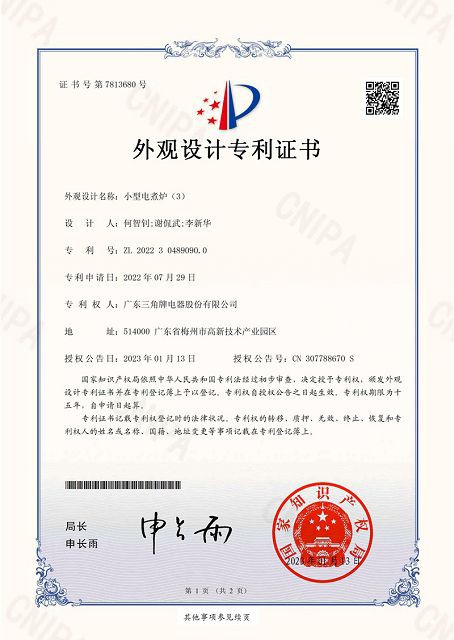
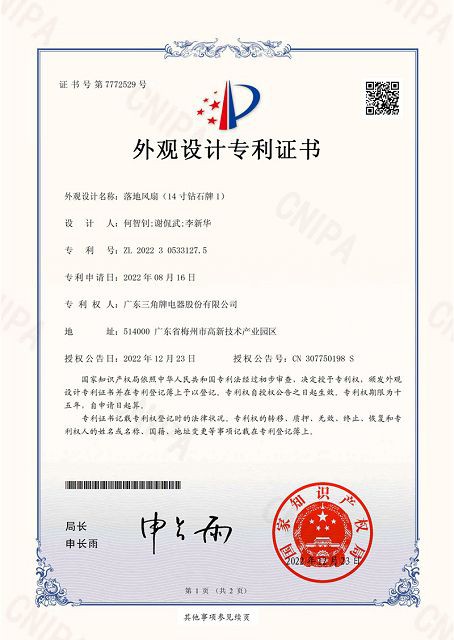



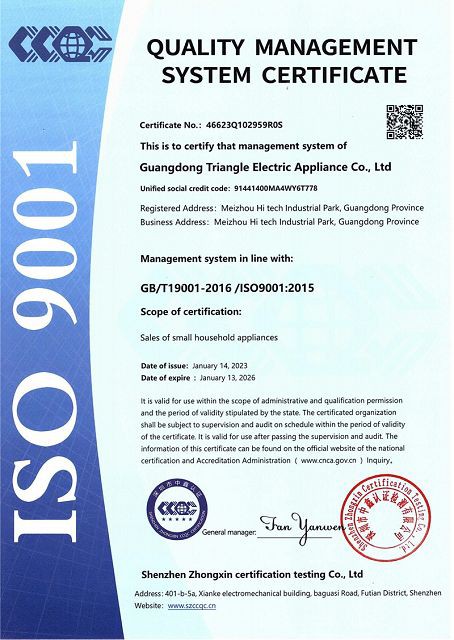
FAQ
We're well-known as one of the leading water purifier manufacturers and suppliers in China. With abundant experience, our factory offers high quality water purifier made in China with competitive price. Welcome to contact us for wholesale service.
7L Integrated Water Tank Water Purifier WS RO023, Home Under Sink RO System Water Filter Purifier, Quick Change Housing Kitchen Series 3 Stage Filter WS PF3 10 USD


